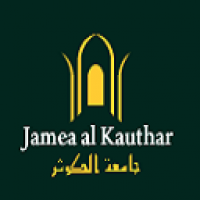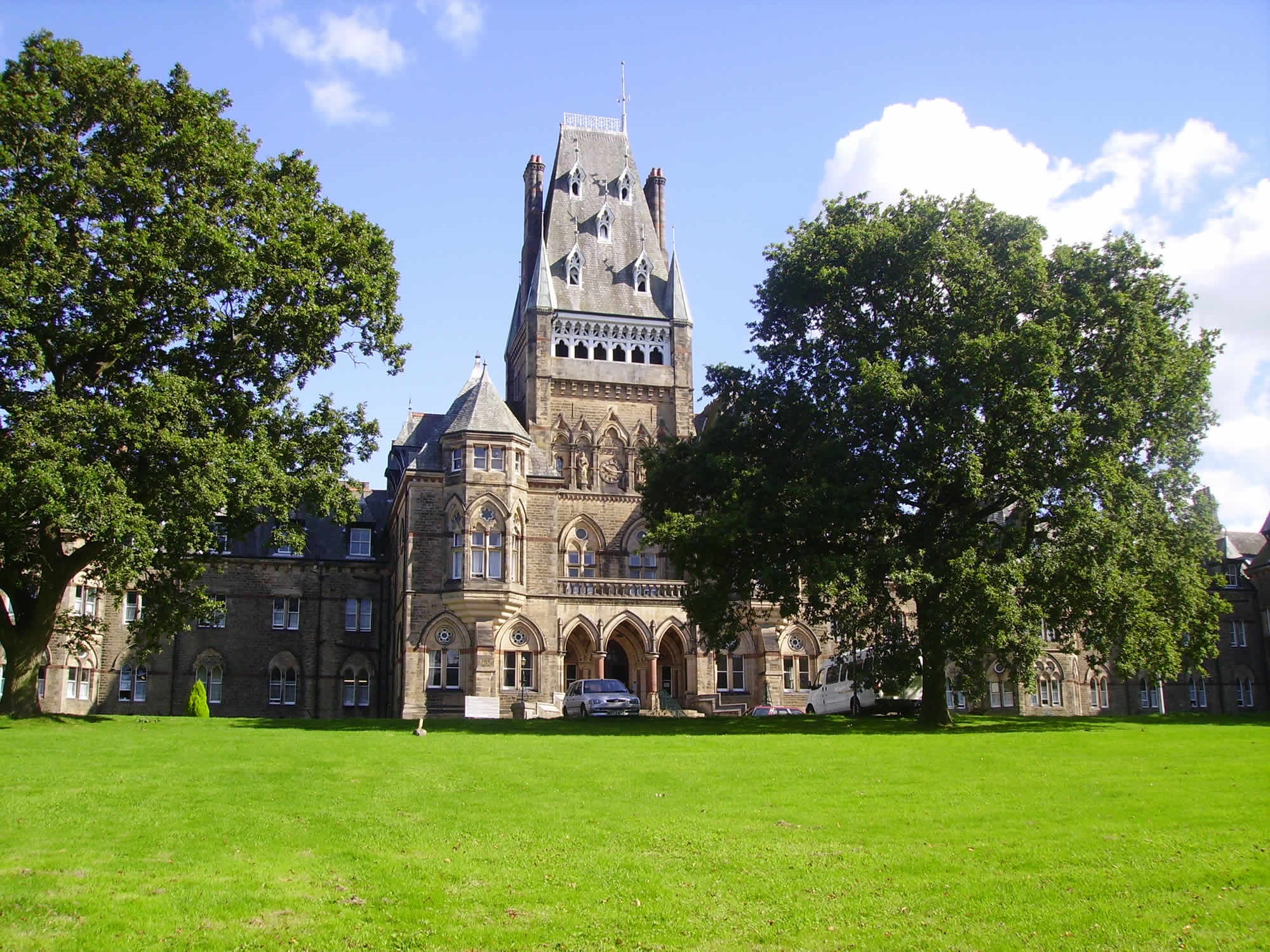The Rise of Islamic Schools in the UK: Faith, Education & Community

Strong 8k brings an ultra-HD IPTV experience to your living room and your pocket.
Introduction
In today's multicultural Britain, the quest for educational institutions that nurture both academic excellence and spiritual growth is paramount for many Muslim families. The search for an Islamic school near me often leads to a diverse array of institutions dedicated to providing holistic education rooted in Islamic values. This article delves into the significance of Islamic schools in the UK, highlighting their contributions, challenges, and the unique offerings of institutions like Jamea Al Kauthar.
The Landscape of Islamic Schools in the UK
Diversity and Distribution
Islamic schools in the UK have seen substantial growth over the past few decades. From bustling metropolises like London and Manchester to smaller towns, these schools cater to a wide demographic of Muslim students. They range from primary to secondary institutions, with some offering boarding facilities, ensuring accessibility for families across the nation.
Curriculum Integration
A hallmark of these schools is the integration of the National Curriculum with Islamic studies. Students receive instruction in subjects like English, Mathematics, and Science, alongside Quranic studies, Arabic language, and Islamic history. This dual approach ensures that students are well-equipped for both secular and religious pursuits.
Spotlight on Jamea Al Kauthar
A Legacy of Excellence
Established in 1996, Jamea Al Kauthar in Lancaster stands as a beacon of Islamic education for girls in the UK. Housed in the historic Royal Albert Asylum, the institution has transformed into a modern educational facility while preserving its architectural heritage.
Comprehensive Educational Offerings
Jamea Al Kauthar offers a blend of academic and religious education. Students can pursue GCSEs and A-Levels in various subjects, complemented by courses in Islamic theology, jurisprudence, and Arabic. The school also provides the traditional six-year Alimiyyah course and a two-year abridged version known as Sanatayn, catering to diverse educational aspirations.
Boarding Facilities and Student Life
As a boarding school, Jamea Al Kauthar provides a structured environment conducive to learning and personal development. Students benefit from a supportive community, regular spiritual activities, and extracurricular programmes that foster holistic growth.
The Importance of Islamic Schools
Preserving Religious Identity
In a secular educational landscape, Islamic schools play a pivotal role in preserving the religious and cultural identity of Muslim students. They offer an environment where Islamic practices are not only taught but also lived, reinforcing students' faith and values.
Academic Achievements
Contrary to some misconceptions, many Islamic schools in the UK boast impressive academic records. Institutions like Tauheedul Islam Girls' High School have consistently ranked among the top schools nationally, demonstrating that faith-based education and academic excellence are not mutually exclusive.
Community Engagement
Beyond academics, Islamic schools often serve as community hubs. They host events, workshops, and seminars that engage parents and local communities, fostering a sense of unity and shared purpose.
Challenges Faced by Islamic Schools
Regulatory Scrutiny
Islamic schools, like other faith-based institutions, are subject to rigorous inspections by bodies like Ofsted. While accountability is essential, there have been instances where cultural misunderstandings have led to undue scrutiny, affecting the reputation and operations of these schools.
Financial Constraints
Many Islamic schools operate as independent institutions, relying on tuition fees and community donations. This financial model can pose challenges, especially when striving to maintain facilities, hire qualified staff, and offer competitive programmes.
The Future of Islamic Education in the UK
Embracing Technology
Modern Islamic schools are increasingly integrating technology into their teaching methods. Institutions like Al Haramain Schools have pioneered the use of augmented reality in Quranic education, enhancing student engagement and learning outcomes.
Expanding Access
Efforts are underway to make Islamic education more accessible. This includes establishing new schools in underserved areas, offering scholarships, and developing online learning platforms to reach a broader audience.
Conclusion
Islamic schools in the UK serve as vital institutions that nurture the minds and souls of young Muslims. They provide environments where students can excel academically while staying rooted in their faith. As these schools continue to evolve, embracing modern pedagogies and expanding their reach, they remain instrumental in shaping a generation of confident, knowledgeable, and spiritually grounded individuals.
Note: IndiBlogHub features both user-submitted and editorial content. We do not verify third-party contributions. Read our Disclaimer and Privacy Policyfor details.




